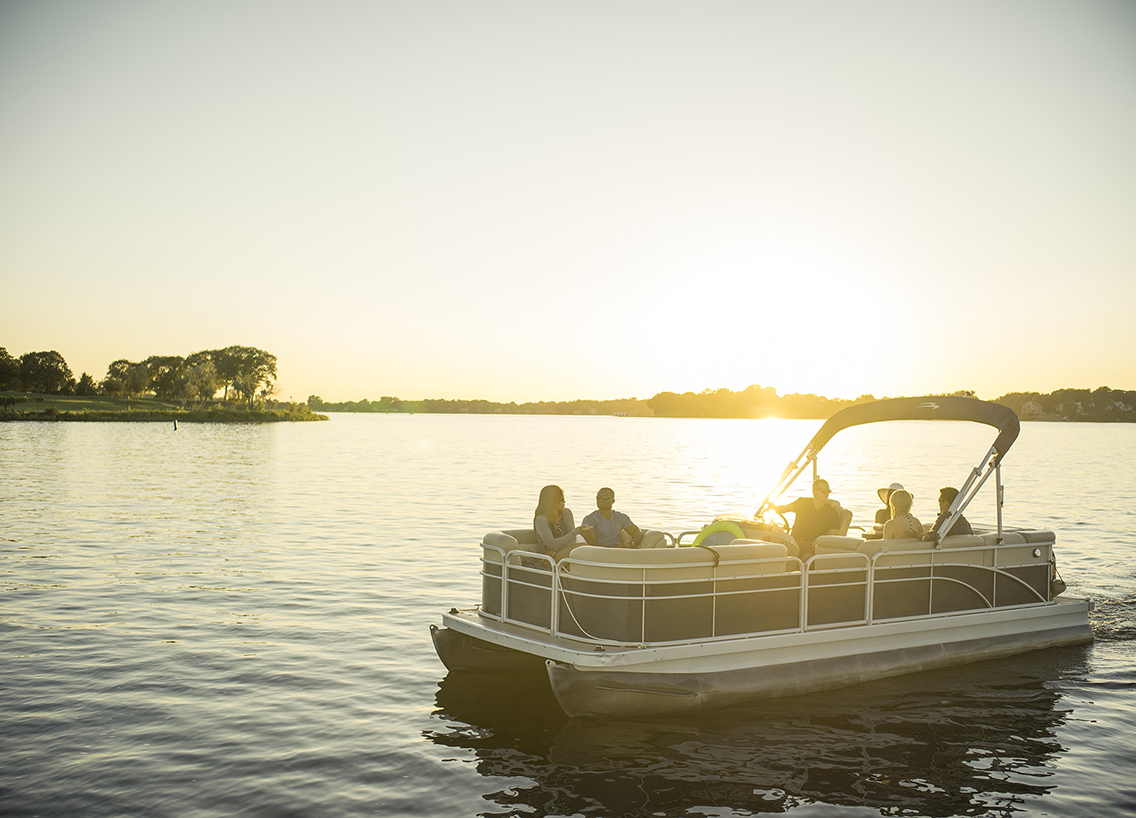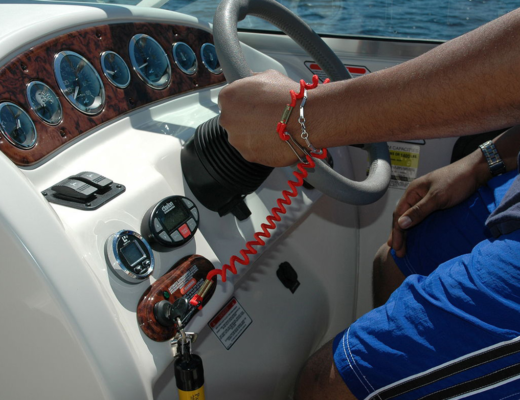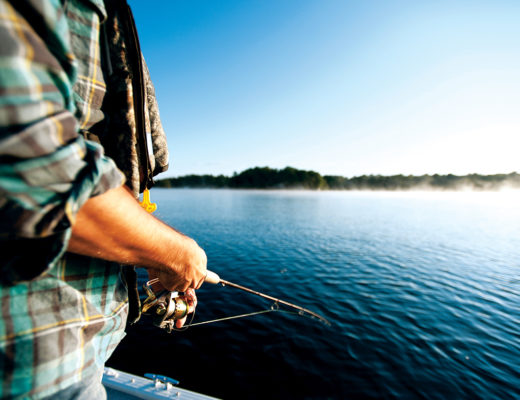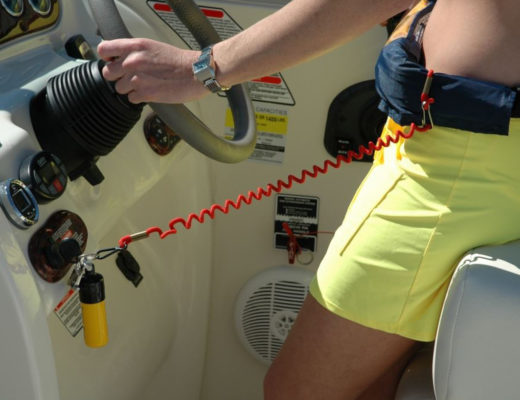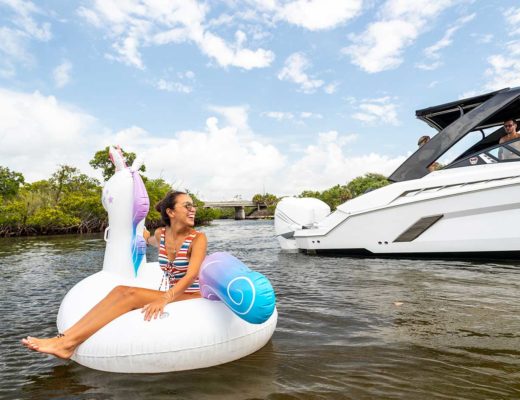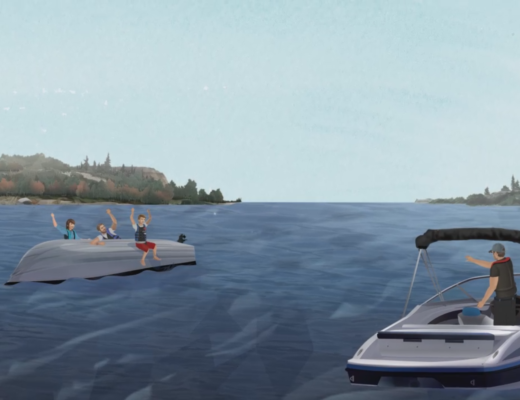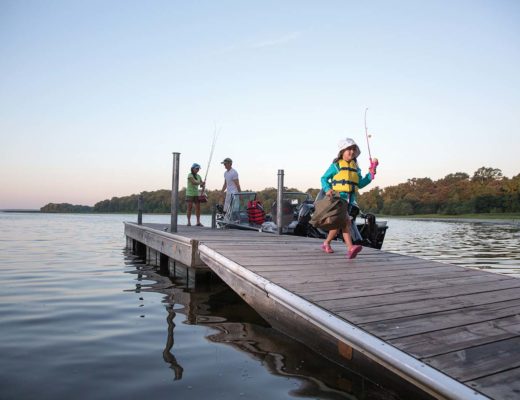Boating is a great Canadian pastime. Part of what makes boating so enjoyable is being out on the water with friends and family – but should drinking and boating go together?
For some, socializing on the boat may mean an occasional cold one. However, most Canadians wouldn’t dream of driving their car after drinking – so why would they drink and go boating? Not only is it illegal, it’s every bit as dangerous.
Unfortunately, drinking and boating is still a factor in more than 35% of boating-related fatalities each year. It comes down to a matter of attitude.
While it may seem obvious that drinking and boating is an unsafe practice, let’s look at a few statistics that support the dangers of doing this, and how to stay safe while on the water this season.

The Stats Don’t Lie
It’s never a good idea to operate a boat while drinking alcohol, and plenty of statistics support that idea. The Lifesaving Society and the Drowning Prevention Research Centre Canada report that 36% of boating-related drownings involved alcohol consumption.
Some additional statistics that may surprise you about other boaters include:
- 37% of Canadian boaters say they consume alcohol every time they go boating
- 66% report consuming alcohol “always or sometimes” when boating
- Only 32% of Canadians believe the operator of a vessel should not consume alcohol
These numbers show that even if you follow the rules and leave the booze behind, other boaters may not be following that same safety protocol.
Drinking and Boating is Always Dangerous
Mixing alcohol and boating is far more dangerous than most people realize – with the effects of alcohol being up to 4 times greater when consuming alcohol on a boat than on land. Fatigue, sun, wind and the motion of the boat all combine to intensify the effects of alcohol – resulting in reduced reaction time, poor fine motor skills and impaired judgment.
It’s Also Against the Law
Aside from it being an unsafe activity, drinking and boating is also against the law. The penalties are severe; boaters can be charged if an enforcement officer believes their ability to operate a vessel has been impaired by alcohol or drugs, even if the person’s blood alcohol content (BAC) is below .08%.
Canadians can lose their driver’s licence or be prohibited from operating a vessel for three months, depending on the charge. Charges also result in a criminal record that could prevent the offender from being bonded or traveling to other countries.

Leave Alcohol on the Dock Before Hitting the Water
The message is clear: Keep the Beer on the Pier and the Water on the Water!
There’s plenty of fun to be had on the water without drinking while operating or enjoying boats or pleasure craft. We hope the information we shared today helps you understand just how dangerous it is and encourages you to hold off on drinking alcohol until you’re back home after you return from a day on the water!
While not combining alcohol and boating is an important safety precaution to practice, it’s only one aspect of boating safety you should know before getting on the water. You’ll learn everything you need to know and be able to get your boating license after taking and passing an online course through BOATsmart!
Keep yourself, your passengers, and other boaters safe this season. Choose one of our Canada-approved courses and start learning.
